:quality(85)/cloudfront-us-east-1.images.arcpublishing.com/infobae/G43J7TBBENE4FBQBUF66MCWCDQ.jpg 420w)
Women soldiers play an important role in the Israeli army, a fact that is particularly evident among the “Caracal” battalion.
It was established in 2004 for the purpose of incorporating women in service into combat units and today two thirds of its members are women.
The name of the battalion is a reference to the caracal cat, common in the Aravá region. Its main mission is to conduct routine patrols on Israel's border with Egypt and Jordan.
For a decade, it remained the only mixed-gender infantry battalion in the Israel Defense Forces (IDF), until another three were formed between 2014 and 2017, raising the number of female combatants from a few hundred to several thousand today.
To learn more about this battalion, Infobae spoke with Captain Michal-Lee Eliel, Operational Commander of the battalion, Captain JazzReagan, commander of Riflemen, and Captain Gal Shidlo, who commanded the first female tanker company in the IDF.
“A privilege”
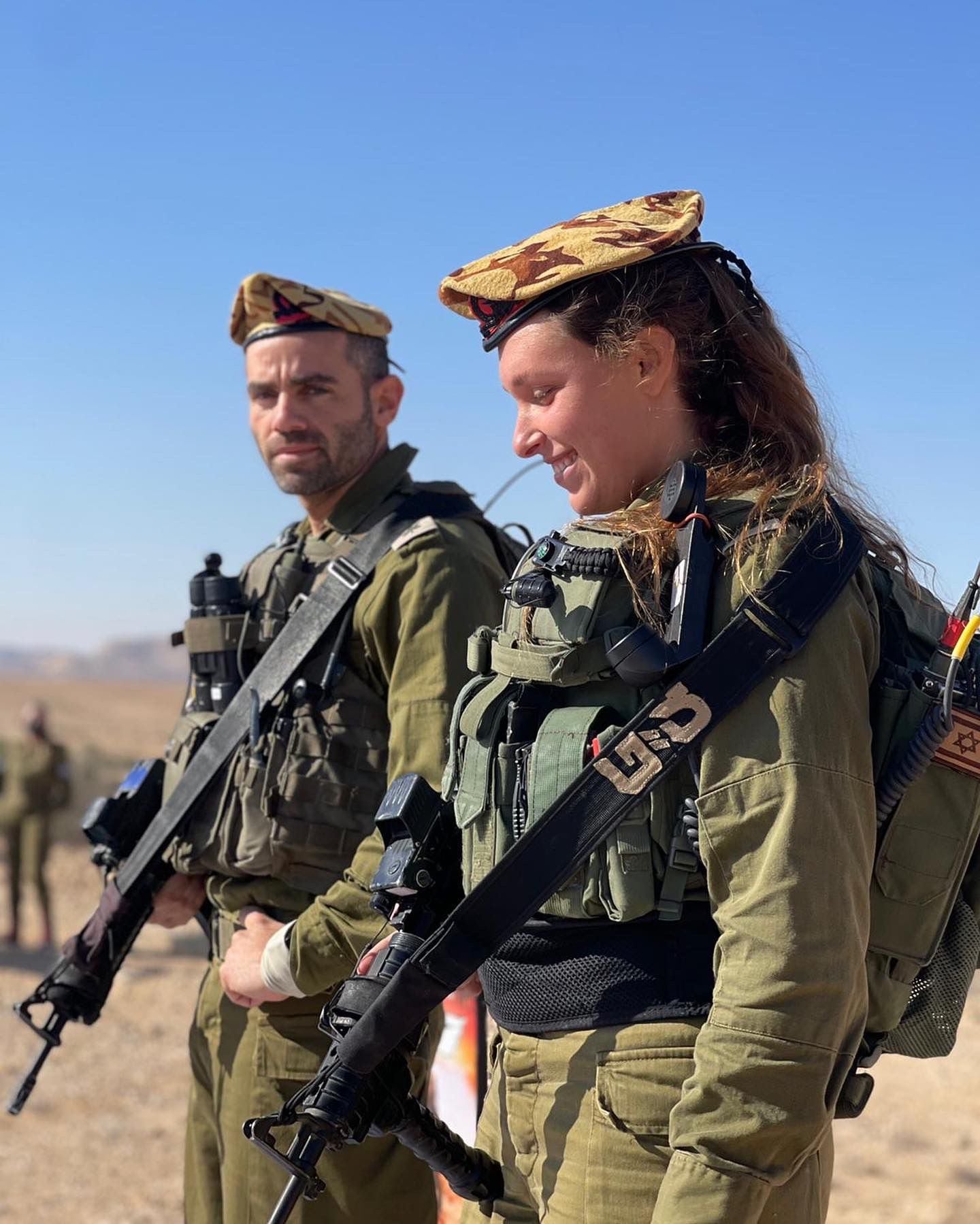
Jazzy Reagan, 23, who was company commander for the training of combatants, explains that the battalion's main task is to protect the border with Egypt and, sometimes, with Jordan.
“What we do in general is patrols either in vehicles or on foot at the border,” he says in an interview on Zoom. “We are prepared to prevent any organization from entering.”
“Our primary mission is to protect the citizens of Israel from the border,” adds Gal Shidlo, a decorated officer who served as platoon commander, lieutenant colonel and operations officer in the brigade and commanded the first female tanker company in the IDF.
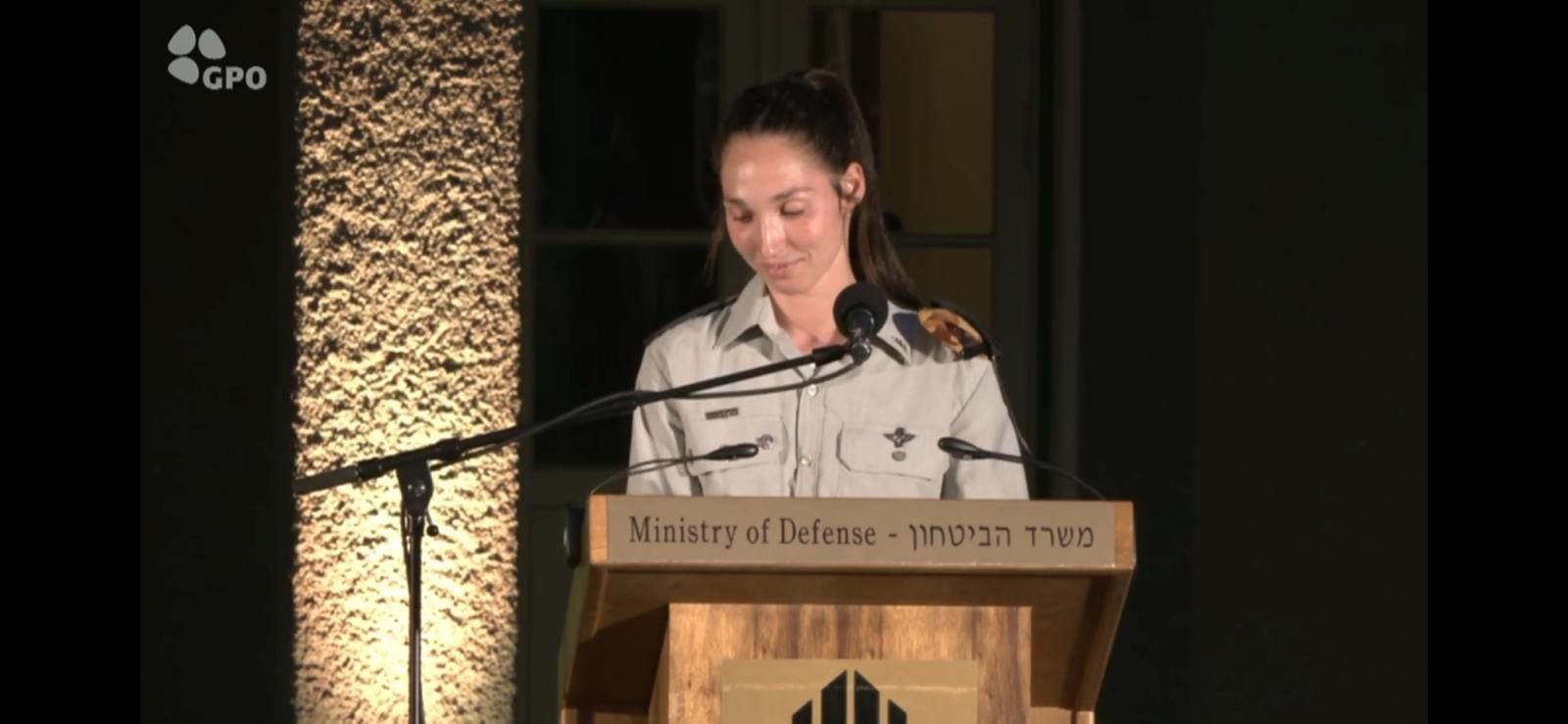
Michal-Lee Eliel delves into the reasons that motivated her and her companions to join the battalion.
He chose this position, he says, because of what it represents: the 33rd, the number of the battalion, indicates the 33 women of the Palmach, the elite unit of the unofficial army of the Jewish community during the British Mandate of Palestine, who fell in the War of Independence of the State of Israel.
“Serving in the battalion is a privilege,” he summarizes.
Today, with his company, he is on an advanced line on the border of the Gaza Strip, amid the tension of the current situation.
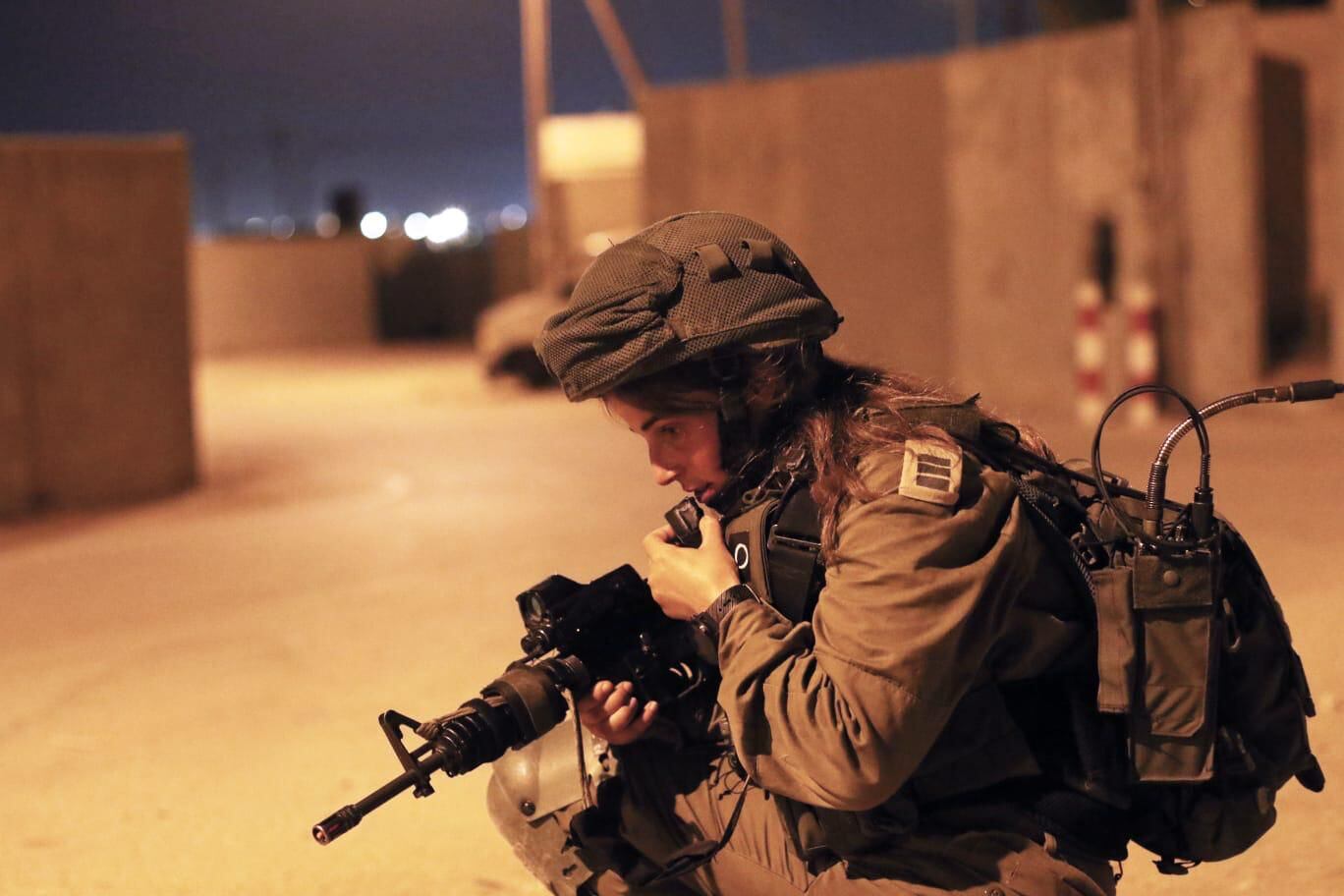
Smuggling and terrorists
In the border area where the Caracal Battalion operates, the main problem in recent years has been smuggling, with the illegal entry of drugs and goods worth billions of shekels each year, according to official estimates. In some cases, smugglers can turn violent by opening fire on forces trying to stop them.
“It's the biggest problem because it happens every day,” says Gal Shidlo.
The captain explains that each smuggling attempt involves a very large number of armed and, therefore, dangerous people.
“The smugglers are willing to shoot and use their weapons. The forces have to deal with them as if they were a terrorist group, either with arrests or responding to fire,” he explains.
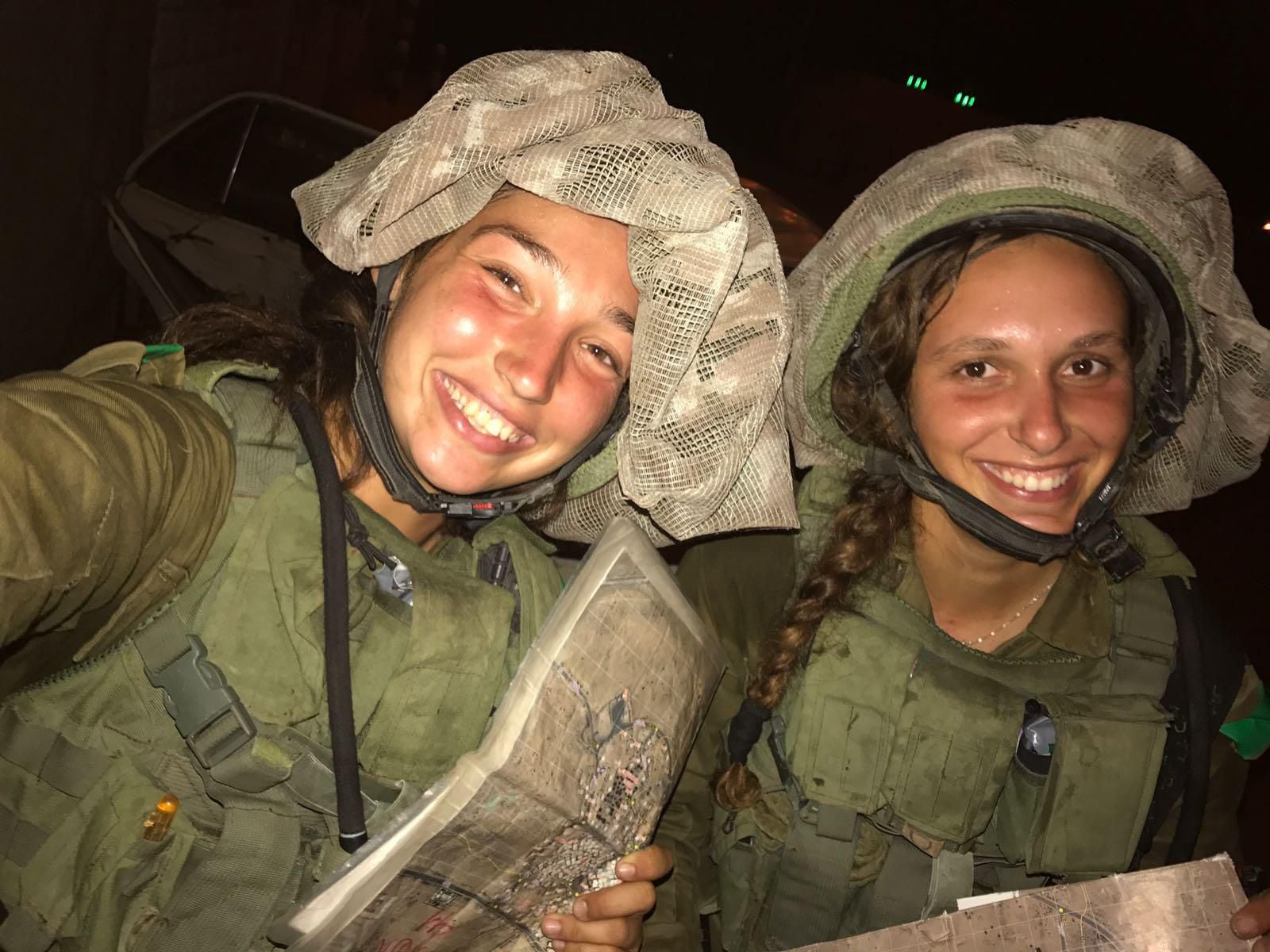
Every night, he says, they manage to stop armed groups of smugglers. He explains that, on some occasions, they even let smugglers through to Israel in order to arrest them and be able to kidnap the goods, something that harms them more in the long run. The last time it happened was a week ago.
“We managed to stop a smuggling action worth 2.4 million seces (almost 750 thousand dollars),” says Shidlo.
The work of the battalion in recent years was especially successful.
“The precision and innovation of the brigade in general has brought smuggling from the border down to 80 percent in recent years,” he explains.
On the other hand, although in its day-to-day life the Caracal Battalion deals with smuggling, it is not the only concern of the unit.
Another major challenge in the border area is the presence of terrorists linked to the Islamic State based in Sinai.
“There is no confrontation in the day, but we know that it is a serious, dangerous organization. Our forces are ready to confront them as necessary,” he says.
Still, operating in border defense in a desert environment is not an easy task.
According to JazzReagan, the first quality needed to perform successfully in the battalion is “charisma”. Also, he adds, “capacity for reasoning, knowing how to use logic, knowing how to use weapons” are required.
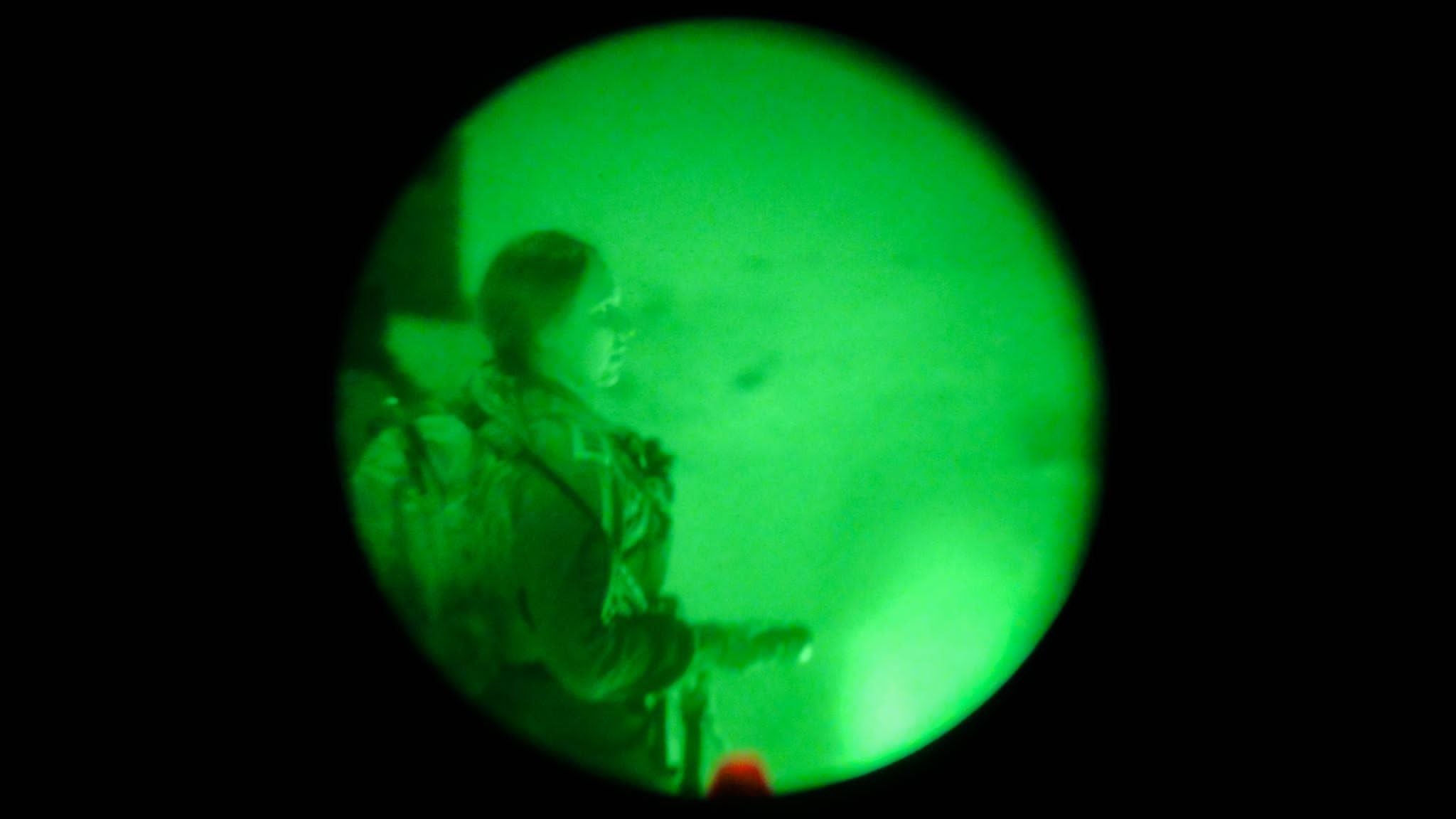
Another necessary quality is leadership ability. “A soldier needs to know that if his commander falls into fire, he has to be ready to take office,” he says.
“Women don't have to prove anything anymore”
The three captains agree that being a mixed battalion brings numerous advantages.
“When men and women complement each other, they create a much more diverse environment,” says Michal-Lee Eliel. “What makes Caracal a battalion that stands out so much is that several types of people live together.”
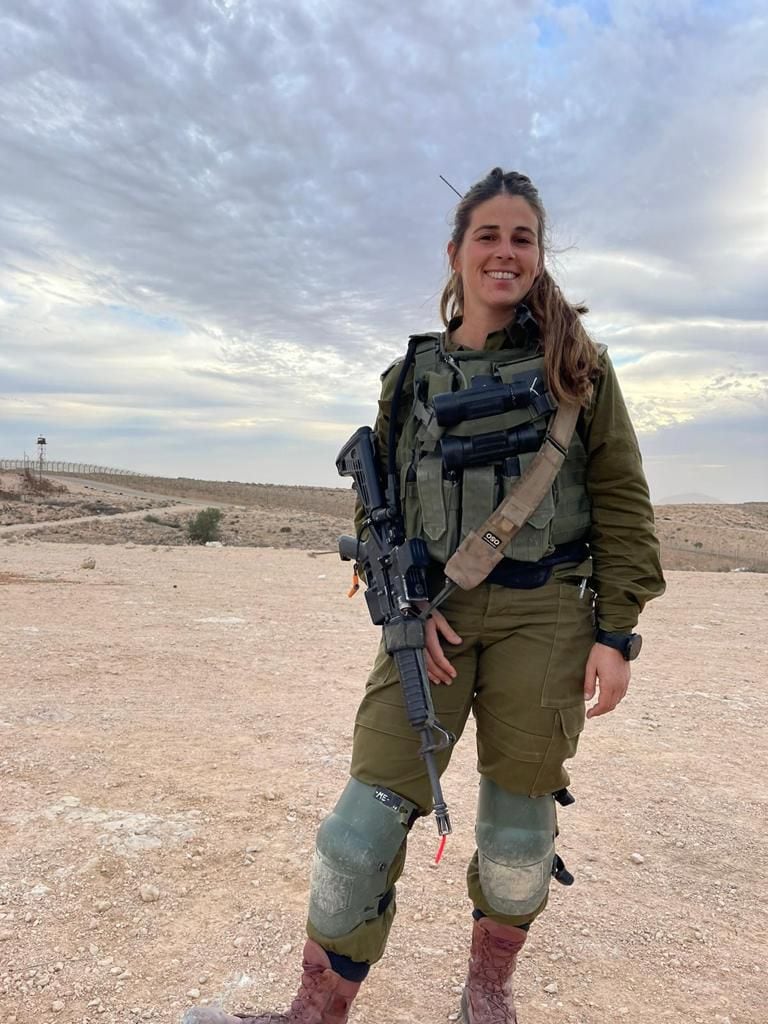
In fact, a 2015 study by the U.S. Department of Education on the effectiveness of mixed-gender units found that they excelled at making complex decisions and had fewer disciplinary problems.
However, in Israel, some conservative sectors regard gender integration as a “dangerous social experiment” with potential ramifications for national security. Another common argument against women's participation in the military is that, on average, they are physically weaker than men.
Arguments that all three strongly reject.
“I invite all people who believe that women are not strong enough to visit the battalion to see that reality is not so,” says JazzReagan. “This is not an experiment because it already happens on a day-to-day basis.”
“There are women of all kinds who learn to be leaders, combatants,” she says. He adds: “It's those kinds of ideas that are in itself dangerous for society.”
“The army is made up of people who want to take care of their families and take care of the country,” Gal Shidlo says, while Michal-Lee Eliel believes that women “no longer have to prove anything to society.”
“What I learned in my military service as an officer,” concludes JazzReagan, “is that anyone who believes in themselves and works for it, regardless of gender, religion or ethnicity, can achieve any goal they set themselves.”
Keep reading:
